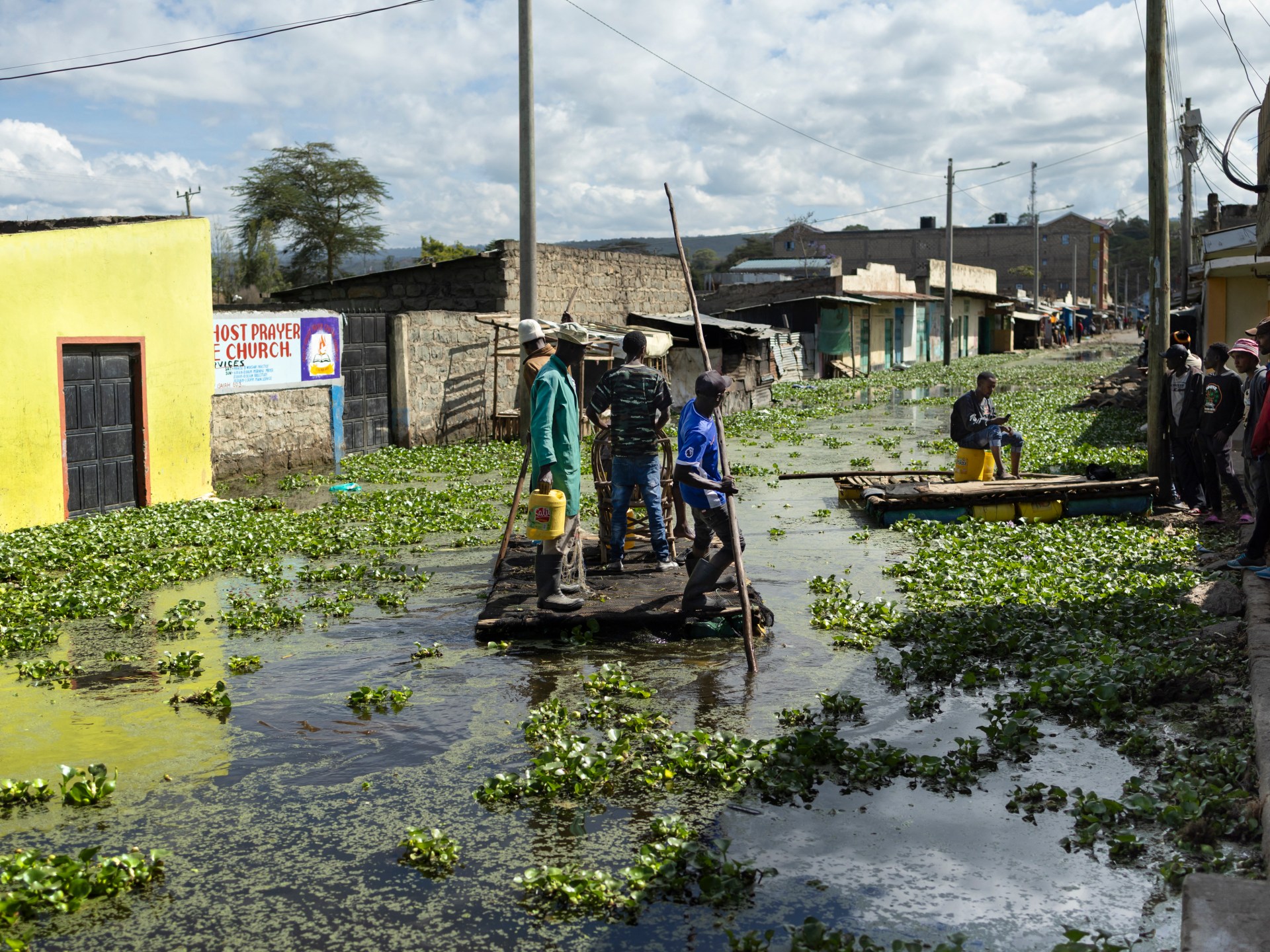Kenyan Lake Floods Devastate Communities: Thousands Displaced, Homes & Schools Destroyed in East Africa
 Kenya
Disaster
Kenya
Disaster

Unprecedented lake flooding in Kenya has displaced thousands, destroying homes, schools, and essential infrastructure. Humanitarian aid is urgently needed.
Kenyan Lake Flooding Causes Widespread Devastation, Displacing Thousands
Recent unprecedented flooding of a major lake in Kenya has triggered a severe humanitarian crisis, forcing thousands of residents from their homes and obliterating essential community infrastructure. The relentless rise in water levels, attributed to prolonged heavy rainfall and potentially exacerbated by climate change, has submerged vast areas previously home to thriving communities.
Communities Inundated, Lives Upended
Villages situated along the lake's shores have been completely inundated, leaving families with little to no time to salvage their belongings. Eyewitness accounts describe scenes of desperation as people scrambled to reach higher ground, many losing all their possessions. The displacement crisis is rapidly escalating, with initial estimates indicating that over ten thousand individuals have been rendered homeless. These displaced populations are now in urgent need of shelter, food, clean water, and medical assistance.
Critical Infrastructure Destroyed, Services Halted
Beyond homes, the disaster has severely crippled public services. Numerous schools, crucial for the education of local children, have been submerged and rendered unusable. Health clinics and local markets have also fallen victim to the encroaching waters, disrupting vital healthcare access and economic livelihoods. The destruction of agricultural land and fishing grounds further threatens long-term food security for the affected regions, compounding the hardship for already vulnerable communities.
Urgent Call for Relief and Adaptation
Local authorities, in collaboration with humanitarian organizations, are scrambling to establish temporary camps and provide emergency relief. However, the sheer scale of the disaster is overwhelming existing resources. Concerns are mounting over potential outbreaks of waterborne diseases in crowded makeshift shelters. This devastating event underscores the urgent need for robust climate adaptation strategies and enhanced early warning systems in vulnerable regions across East Africa.